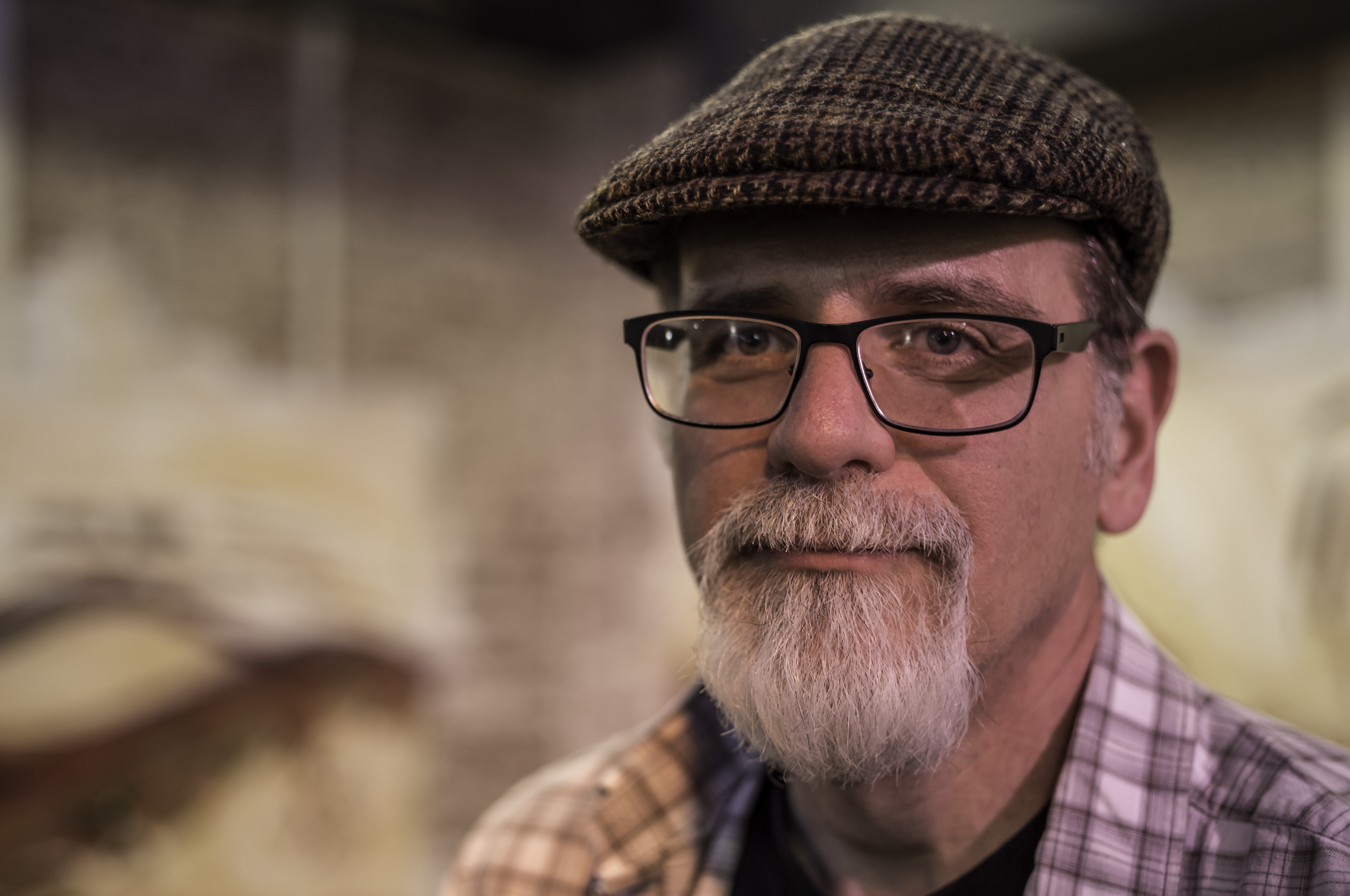Blade Runner 2049
Disconnected synthetic lives?
The original Blade Runner is a hard act to follow. It has been studied and written about and re-edited so many times that I always have to check which version is being referred to. Blade Runner 2049 partially answers the questions we have argued over for years, while leaving more unanswered. Is Deckard (Harrison Ford) a replicant, as is hinted several times in the original?
2049 continues the questions from Blade Runner and raises the stakes by asking what it means to reproduce.
Can’t tell you. We do discover at least a sketch of what happened after he and Rachael flew off, leaving the origami unicorn on the deck. That unicorn figured in many arguments, and this film leaves us with another one, a horse. Visually, the film continues the wonderful mix of science fiction and film noir of the original, imagining what that world might be like after 30 more years of decay.
When we last visited this world, Deckard had just finished off several Nexus models, who had desired too much. They wanted to live longer, they wanted to not be programmed to die, they wanted to love, they wanted to be more like humans with real lived memories. In fact, one became human enough to have empathy for Deckard, and saved him from death. In the ensuing 30 years, these Nexus models started a rebellion and were mostly killed off. A few remain, but they continue to be hunted by a new breed of blade runners.
Niander Wallace (Jared Leto) saved the world from famine by creating synthetic plants to feed the population. He resurrected the destroyed Tyrell Corp and has created new replicants that are more obedient. He muses that all great empires need a large slave workforce to keep the whole enterprise going.
Officer K (Ryan Gosling), like Deckard before him, hunts down the older rebellious replicants. He has the authority to kill them on the spot, simply because of who they are. If they have a serial number in their eye, he does his job. He too seeks to know if his memories are real or if they were implanted. Would it change his destiny if they are real? Maybe. It would at least change his self-perception. K seems to accept this emotional distance, but he is clearly on a quest to discover himself, in a world where even humans live like machines.
The first Blade Runner raised fascinating questions about what it means to be human and what role memories play in our ability to survive hardships and to make connections with others. 2049 continues these questions and raises the stakes by asking what it means to reproduce. Is the desire to reproduce an innate part of being human? What would happen if replicants could reproduce instead of being created fully grown with implanted memories of childhood? Would they be more difficult to control if they had deeper personal relationships, or would you end up with a larger workforce?
While 2049 continues these questions, most of the characters lead lonely, solitary lives. If they have relationships, they are synthetic. K has a girlfriend, at least if you consider a hologram with artificial intelligence to be a suitable match. She welcomes him home, offering facades of good food laid neatly over the synthetic reality. She even supplies sex, via a prostitute, since she thinks he needs it. This reminds us of the unanswered issues of Deckard’s behavior in the first film regarding his treatment of Rachael. Few films can really get beyond the male fantasy world when it comes to having any perspective on sex.
Luv (Sylvia Hoeks), like Rachael in the first movie, is a replicant of superior design, and she assists Wallace. She also desires for there to be more to life than a solitary existence and seeks the possibility of being connected to another being. The first replicant that K kills suggests that if he had ever seen a miracle, it would’ve changed his life. That referred-to miracle is that of birth. Maybe we need to be connected to the ongoing circle of life to find meaning in our death.
While 2049 seems stretched out, as if the editor couldn’t make the decision to cut beautiful and expensive scenes, it is entertaining and thought provoking. Are we really moving in the direction of disconnected synthetic lives, living in a burnt-up destroyed world of our own making?
If you are a fan of the original Blade Runner, or actually any of the numerous cuts, this is a must-see film. It doesn’t have quite the depth of the original, but it continues the trajectory of the questions from the first one. Does it answer all the questions we were left with at the end of the first one? No. It answers a few things, and then promptly adds to the list. The questions I am pondering: How does capitalism create a slave-like workforce? Do fake news and advertising serve the same purpose as implanted memories to keep everyone in their place? Do we encourage the killing of those who want to escape their “place” in life? How soon will the next Blade Runner be released?
All reviews express the opinions of the reviewer, not necessarily the views of Third Way.




